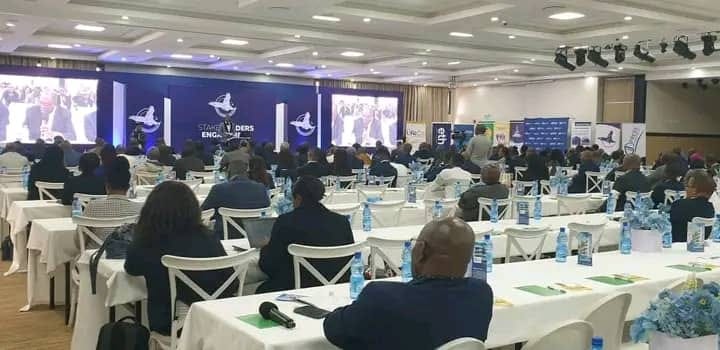Malawi Central Bank Pushes 'ATM' Investment Strategy for Economic Growth
The push for the ATM strategy reflects Malawi's efforts to diversify its economy and attract investments that can generate sustainable growth and address persistent foreign exchange shortages.

BLANTYRE, Malawi— The Reserve Bank of Malawi (RBM) is urging investors to embrace the newly launched "ATM" strategy — focusing on Agriculture, Tourism, and Mining — to boost the country's economy and generate foreign exchange, writes Steven Godfrey Mkweteza.
RBM Governor Wilson Banda, speaking at a Press Corporation plc shareholders' engagement in Blantyre on Monday, emphasized the private sector's role in driving economic growth.
"It is imperative for the sector to embrace the concept of ATM strategy to help the country in foreign exchange generation and create job opportunities among the youth," Banda said.
The governor expressed concern over the tendency of many private sector players to invest in short-term projects and sectors that drain foreign exchange rather than generate it.
He pointed to neighboring countries like Zambia, Zimbabwe, Tanzania, and South Africa as examples where investments in agriculture, tourism, and mining have significantly contributed to economic growth.
"Government cannot generate foreign exchange but manages the forex that the private sector generates," Banda explained, shifting responsibility for forex challenges to the private sector's investment choices.
Banda also advised Press Corporation plc to consider investing in the government's mega farms strategy, citing its potential to boost both the conglomerate and the country's economy.
Dr. Ronald Mangani, CEO of Press Corporation plc, revealed advanced plans to establish Press Energy, aiming to develop a 50-megawatt solar farm in Dowa district.
Mangani highlighted the corporation's strategic realignment, emphasizing profitable portfolio management and exploring investments in viable sectors with its current 400 billion kwacha in reserves.
The push for the ATM strategy reflects Malawi's efforts to diversify its economy and attract investments that can generate sustainable growth and address persistent foreign exchange shortages.
As one of the country's oldest conglomerates, Press Corporation plc's response to this call could significantly influence broader private sector engagement with the strategy.


